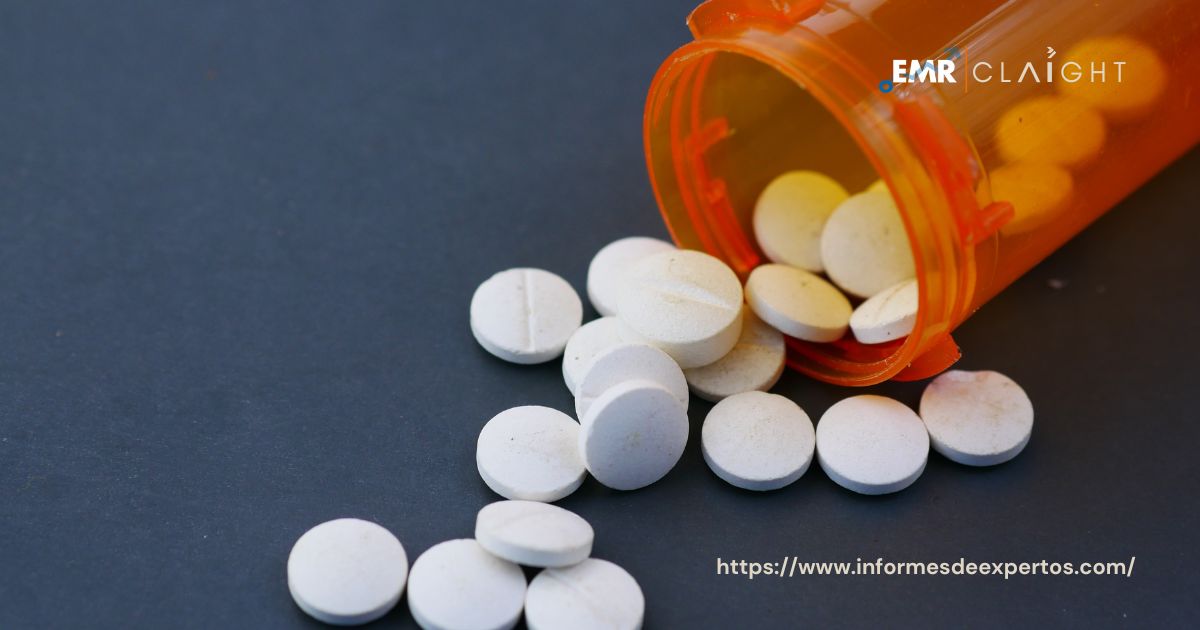The pharmaceutical industry in Brazil has undergone significant transformations over the past few decades, with the generic drug market emerging as a key player in the country’s healthcare landscape. Generic drugs, which are bioequivalent to brand-name medications but are typically sold at a lower price, have gained popularity among consumers and healthcare providers alike due to their cost-effectiveness and accessibility.
History
The introduction of generic drugs in Brazil can be traced back to the 1990s when the Brazil government implemented policies aimed at promoting the production and consumption of generic medications. These policies were driven by the need to reduce healthcare costs, increase access to essential medicines, and stimulate competition within the pharmaceutical industry. In 1999, Brazil passed Law No. 9.787, which established the legal framework for the registration, production, and marketing of generic drugs in the country.
Regulatory Framework
The Brazil Health Regulatory Agency (Anvisa) plays a central role in regulating the generic drug market in Brazil. Anvisa is responsible for approving the registration of generic medications, ensuring their quality, safety, and efficacy, and monitoring their post-market performance. Generic drugs in Brazil must meet stringent regulatory standards, including bioequivalence tests to demonstrate their therapeutic equivalence to brand-name drugs.
Market Dynamics
The Brazil generic drug market has experienced steady growth in recent years, driven by factors such as increasing demand for affordable healthcare, rising healthcare expenditure, and government initiatives to promote generic drug usage. Generic drugs account for a significant share of pharmaceutical sales in Brazil, with a wide range of products available across various therapeutic categories.
Challenges and Opportunities
Despite the progress made in the generic drug market, several challenges persist, including concerns about the quality and safety of generic medications, regulatory barriers to market entry, and limited access to healthcare services in remote areas. Additionally, intellectual property issues and the influence of brand-name pharmaceutical companies pose challenges to the growth of the generic drug market in Brazil.
However, the Brazil generic drug market also presents significant opportunities for pharmaceutical companies, healthcare providers, and consumers. Increased investment in research and development, innovation in drug delivery systems, and expansion of healthcare infrastructure could further propel the growth of the generic drug market in Brazil. Additionally, collaborations between the public and private sectors, as well as partnerships with international organizations, can help address some of the challenges facing the generic drug market and improve access to quality healthcare for all Brazils.
Industry Trends
The Brazil generic drug market is characterized by several notable trends that are shaping its evolution and future prospects. One significant trend is the increasing adoption of generic medications by healthcare providers, patients, and government agencies. As awareness of the cost-saving benefits and therapeutic equivalence of generic drugs grows, more Brazils are opting for these alternatives over brand-name medications.
Furthermore, technological advancements in pharmaceutical manufacturing and formulation are driving innovation in the generic drug market. Novel drug delivery systems, such as extended-release formulations and combination therapies, are enhancing the efficacy, safety, and patient adherence of generic medications. These innovations not only improve patient outcomes but also create opportunities for pharmaceutical companies to differentiate their products in a competitive market.
Future Outlook
Despite the challenges, the future outlook for the Brazil generic drug market remains positive, driven by favorable demographic trends, increasing healthcare expenditure, and government initiatives to expand access to essential medicines. With a growing emphasis on universal healthcare coverage and primary care services, demand for affordable and high-quality generic drugs is expected to rise in Brazil.
Moreover, ongoing efforts to strengthen regulatory oversight, combat counterfeit drugs, and promote innovation will further support the growth of the generic drug market. By leveraging technological advancements, fostering collaboration, and addressing market barriers, Brazil can unlock the full potential of its generic drug industry and improve health outcomes for its population.

